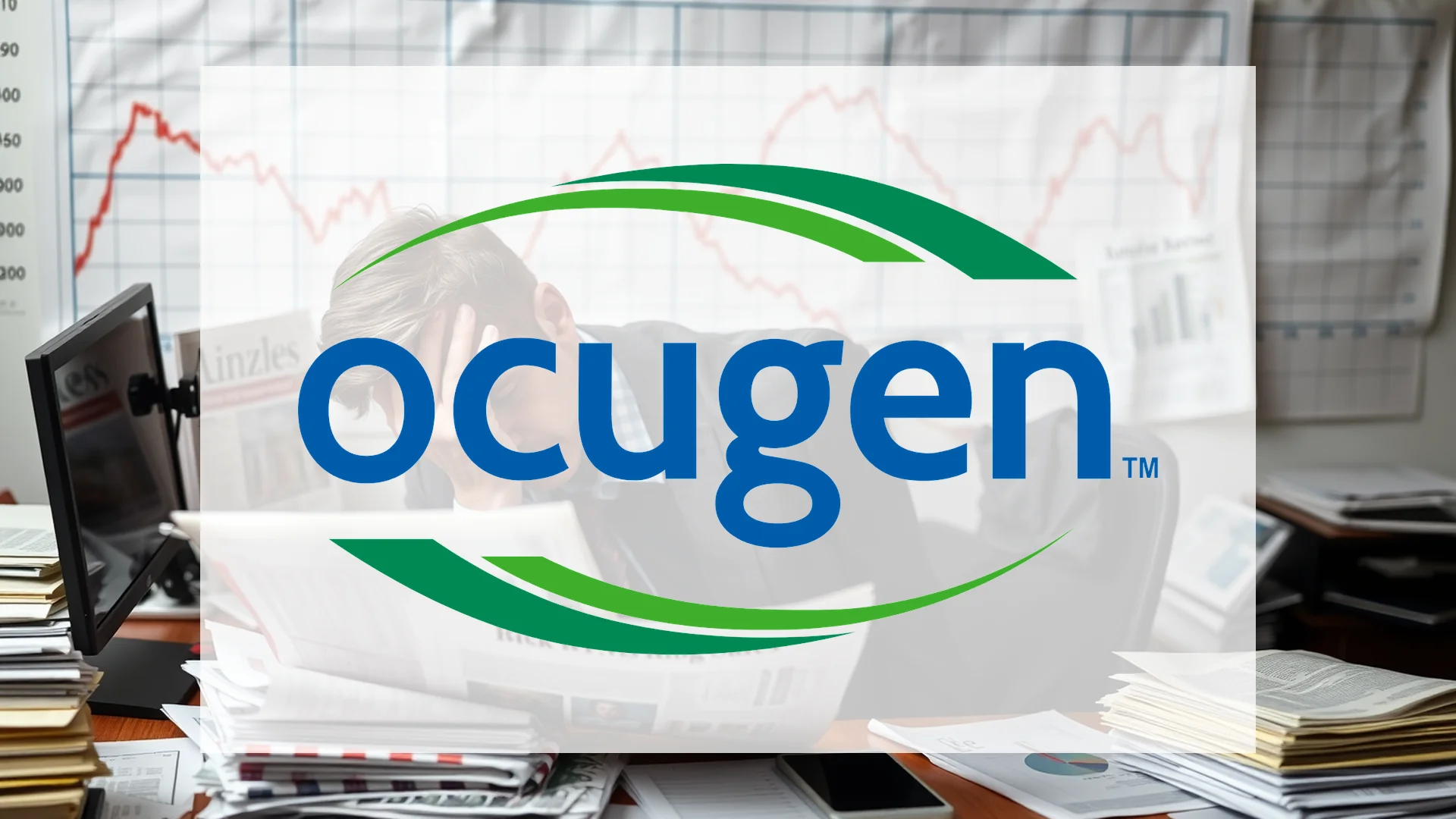Conflicting corporate developments have placed Ocugen shares on a volatile path, torn between a significant strategic setback and a promising new international agreement. The biotech firm finds itself at a critical juncture, balancing the collapse of a major merger against the injection of capital from a fresh licensing deal.
A Lucrative Korean Partnership Offers a Lifeline
Amidst recent challenges, Ocugen has secured a potentially lucrative licensing agreement with South Korean pharmaceutical company Kwangdong. This deal grants Kwangdong exclusive marketing rights for OCU400, an experimental gene therapy targeting Retinitis pigmentosa.
The financial terms provide Ocugen with much-needed liquidity through several channels:
* Immediate payments and near-term milestone fees totaling up to $7.5 million
* An additional $1.5 million for every $15 million threshold reached in sales revenue
* Substantial royalty payments amounting to 25% of net sales generated in South Korea
Failed Merger Reveals Financing Struggles
In a contrasting development, the planned merger between Ocugen’s subsidiary, OrthoCellix, and Carisma Therapeutics has been terminated. Carisma called off the arrangement on September 16, citing the inability to secure necessary funding as the primary reason. The companies had initially agreed to the merger in June.
Should investors sell immediately? Or is it worth buying Ocugen?
Ocugen’s SEC filings attribute the failure to raise the required $25 million to “challenging market conditions and the constrained timeframe.” This collapse effectively ends the strategy of advancing the promising Neocart technology for cartilage defects through a separate, publicly-traded entity.
Market Reaction and Financial Health
These opposing forces have created visible tension in Ocugen’s stock performance. The announcement of the Korean licensing agreement propelled shares upward by more than twelve percent. However, this optimism proved short-lived as the stock faced downward pressure just days later.
The company’s financial position remains constrained. As of the end of June, Ocugen’s cash reserves stood at $27.3 million, a notable decrease compared to the previous year. While a capital raise in August added $20 million to its treasury, high development costs suggest further financing efforts will likely be necessary. Despite these challenges, analysts at Chardan Capital maintain their “Buy” rating with a price target of $7.
Ad
Ocugen Stock: Buy or Sell?! New Ocugen Analysis from February 7 delivers the answer:
The latest Ocugen figures speak for themselves: Urgent action needed for Ocugen investors. Is it worth buying or should you sell? Find out what to do now in the current free analysis from February 7.
Ocugen: Buy or sell? Read more here...










